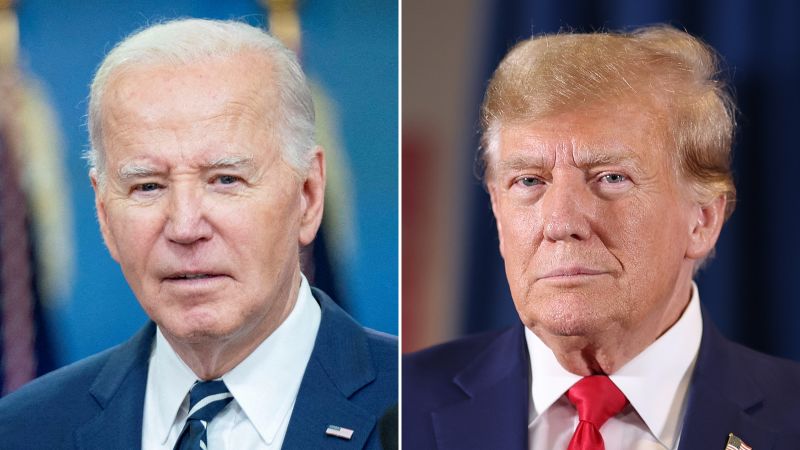The Biden administration is planning to announce significant changes to former President Trump’s tariffs on Chinese imports, with some industries expected to see increased levies while others may see reduced tariffs. These changes are part of Biden’s campaign promise to protect domestic industries and encourage clean energy investments in the US. The new tariffs are the result of a mandatory review required every four years under US trade laws, and are aimed at addressing concerns related to state-sponsored competition.
Former aide Adam Hodge believes that the new tariffs, along with other policies enacted by the administration, will help ease anxiety among the electorate and neutralize China as a campaign issue. Trump, Biden’s opponent in the last election, has proposed charging a 60% tariff on goods from China and a 10% tariff on goods from other countries, while Biden’s proposal represents a more curated approach. However, some economists have warned that increased tariffs could lead to a trade war with China, ultimately hurting the US economy by increasing costs for businesses and consumers.
Americans have already paid over $230 billion in tariffs imposed by Trump on goods such as solar panels, steel, aluminum, and Chinese-made products. The strategic importance of these tariffs to the economy, especially in an election year, is significant for both candidates campaigning across manufacturing-heavy swing states. Biden has proposed tripling tariffs on imported steel, aluminum, and shipbuilding materials to promote American manufacturing and job growth. The administration faces a deadline at the end of May to decide on whether exclusions from certain tariffs will be extended or denied.
Treasury Secretary Janet Yellen has discussed US concerns with China’s non-market practices in bilateral meetings with Chinese leaders and will attend a meeting with other finance ministers from the Group of Seven nations in Italy. Biden’s administration has been urging allies in the European Union to impose tariffs on electric vehicles imported from China, highlighting the threat posed by China to domestic car manufacturing. The EU faces a deadline in July to decide how to proceed with its own investigation into electric vehicle subsidies. The White House, Treasury Department, and USTR declined to comment on the matter.
Overall, the Biden administration’s new tariffs on Chinese imports represent a response to Trump’s previous actions and aim to protect domestic industries while promoting clean energy investments. The strategic importance of tariffs in an election year, concerns about reigniting a trade war with China, and the potential economic impact of increased tariffs are key considerations in the decision-making process. Biden’s proposal for more curated tariffs is intended to promote American manufacturing and job growth, while also addressing concerns about China’s non-market practices and encouraging solidarity among allies in the EU.


